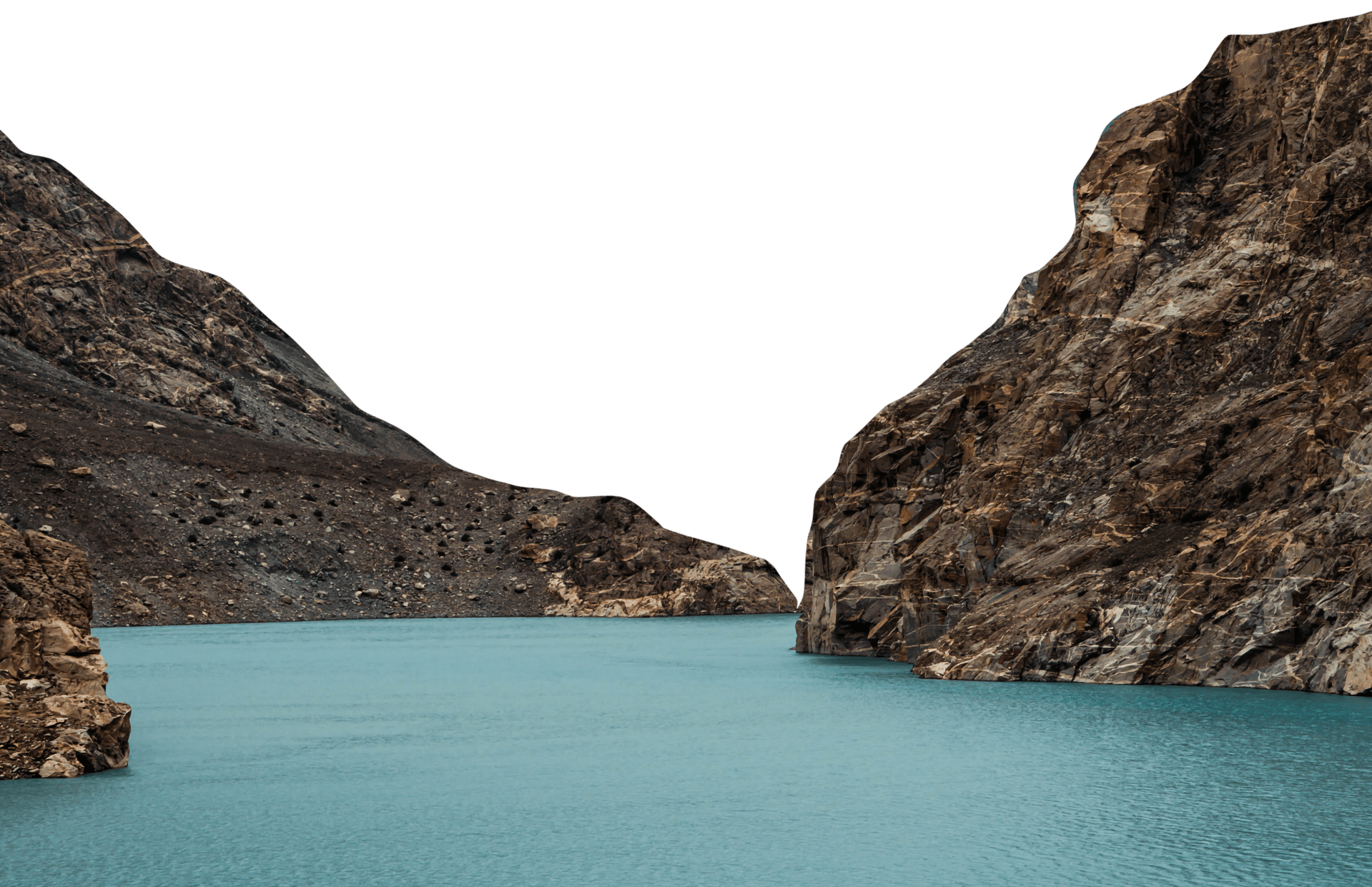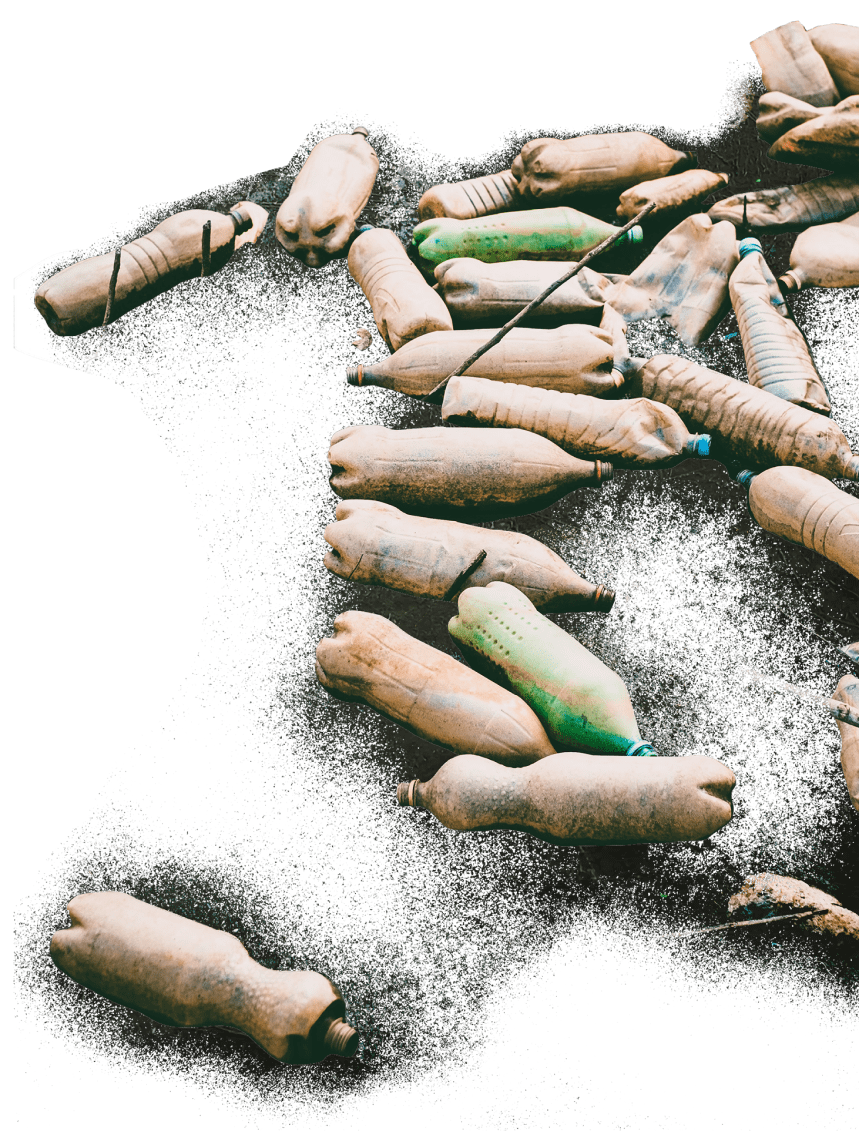A network of innovators
combating plastic waste
in rivers around the world
Click to Learn Our Story
A project of the Benioff Ocean Science Laboratory
A network of innovators
combating plastic waste
in rivers around the world
Click to Learn Our Story
A project of the Benioff Ocean Science Laboratory
Rivers transport water, our most fundamental element, and nutrients throughout the world and into the ocean. They provide drinking water for humans and countless species, irrigation for agriculture, recreational activities, cultural and ceremonial sites, and the foundation for healthy ecosystems across the planet.


Scroll to Learn More
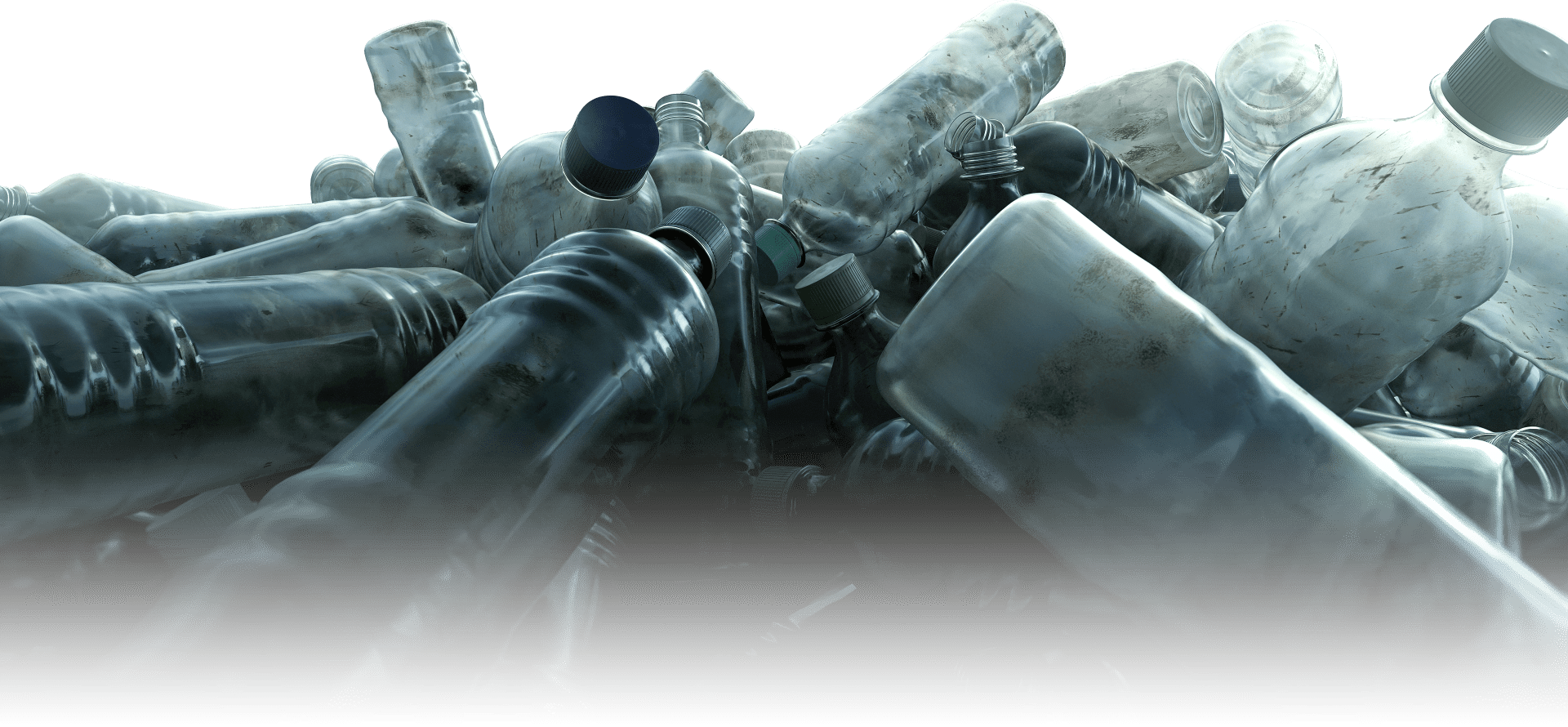
But rivers, and the oceans they feed, face several threats—and together they hold the potential to disrupt the ecological services rivers have delivered for millions of years.


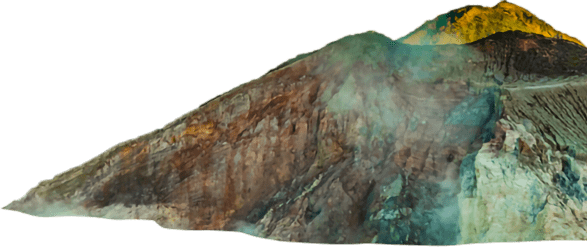
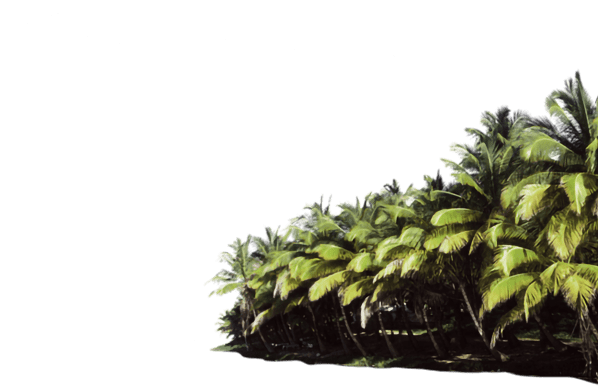
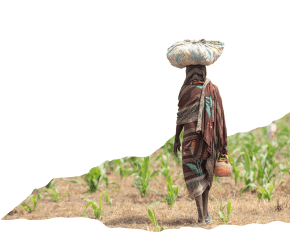
Just as arteries pulse life through our bodies, rivers pulse life across our planet.



Rivers begin their journey at a source called the headwater, which forms due to rainfall or mountain snowmelt, and can emerge from a spring, a lake, or a pond.

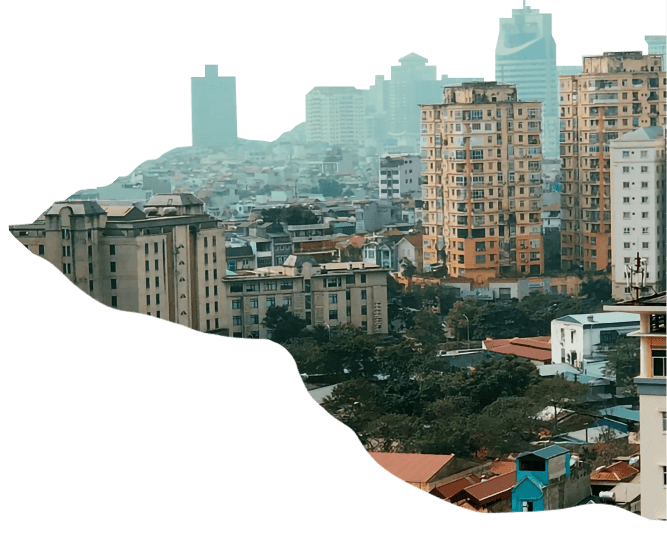
Along this journey, rivers flow through both urban and rural areas, distributing minerals and nutrients that support human, animal, and plant life, creating some of the most biodiverse and productive habitats on the planet.


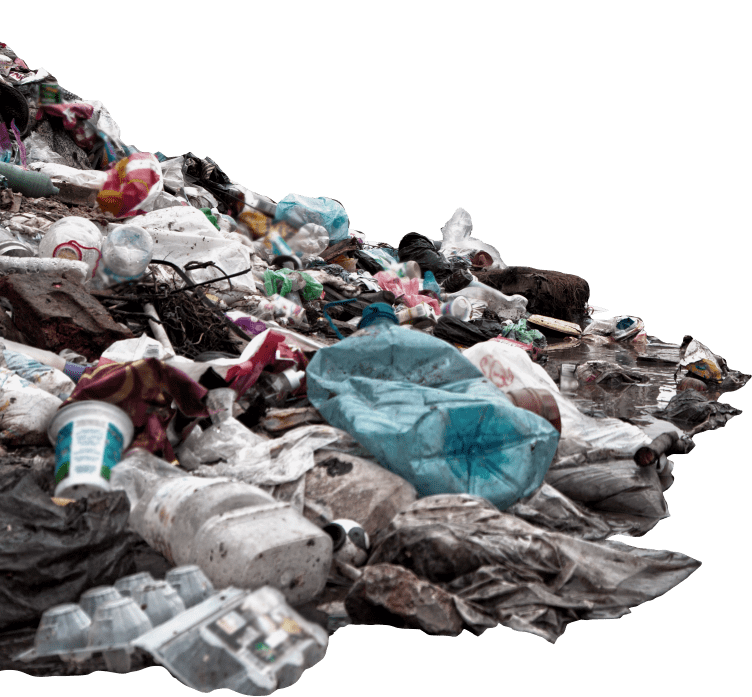
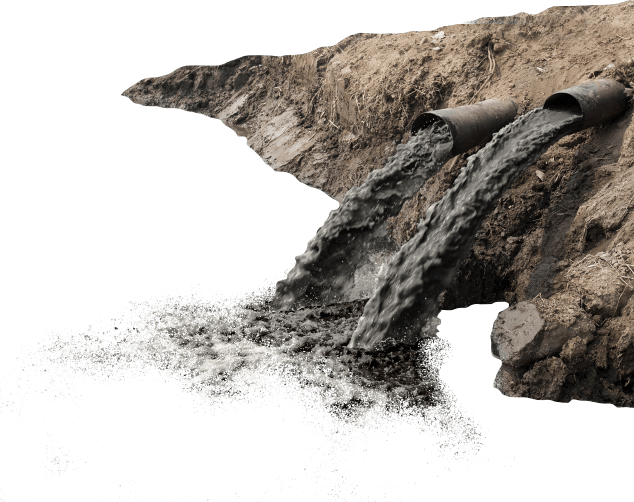
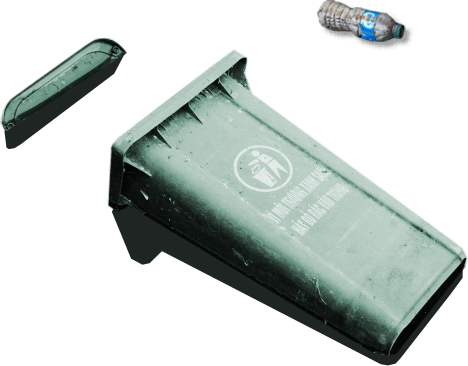
But rivers also act as one of the main conduits of plastic pollution into the environment – the arteries that carry waste from land to the ocean
Estimates suggest that up to 12.7 million metric tons of plastic enter the ocean from land each year—much of that through rivers, where plastics are thrown or washed into rivers and then drain into the ocean.
This is largely due to the rapid acceleration of plastic manufacturing and the ubiquity of single-use plastic, which is frequently mismanaged and at risk of washing into watersheds, rivers, and eventually, the ocean.
Nearly half of all the plastic waste generated globally comes from packaging, and an estimated 55 percent of global plastic waste is discarded in landfills or into the environment. Only 9 percent of all plastic ever produced has been recycled.
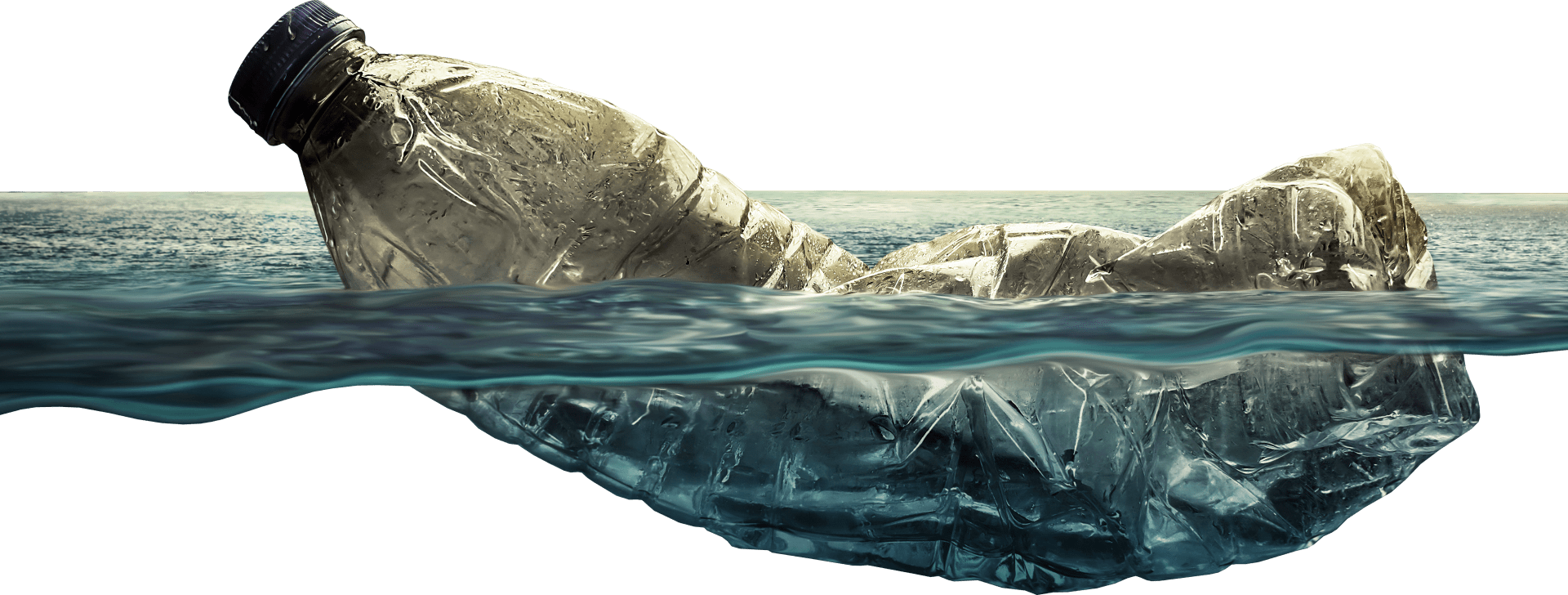
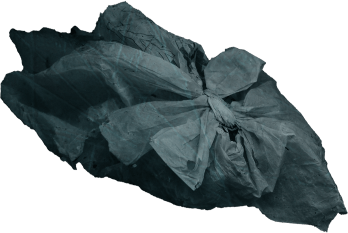
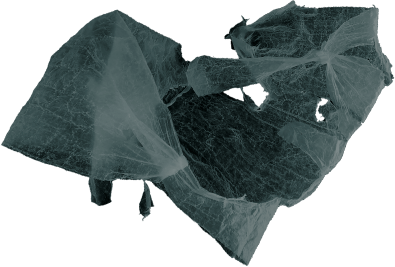
Just as a clog in our arteries is bad for our health, clogging and contaminating rivers is bad for the health of our planet.
The sheer volume of plastic waste accumulating in rivers creates both a challenge and an opportunity to implement high-impact, cost-effective intervention strategies in communities around the world.
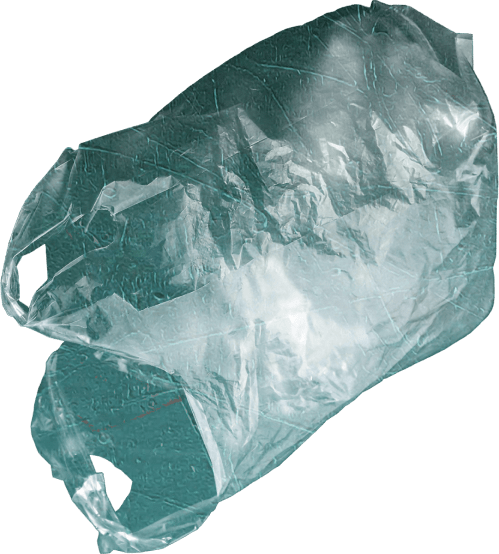
The Benioff Ocean Science Laboratory and The Coca-Cola Foundation are partnering to empower a collaborative network of innovative, passionate problem-solvers combating the flow of plastic waste from rivers to the ocean.
Explore how nine teams are using cutting-edge science to address that challenge.

Click a river to learn more
A network of innovators combating plastic waste in river systems around the world.
